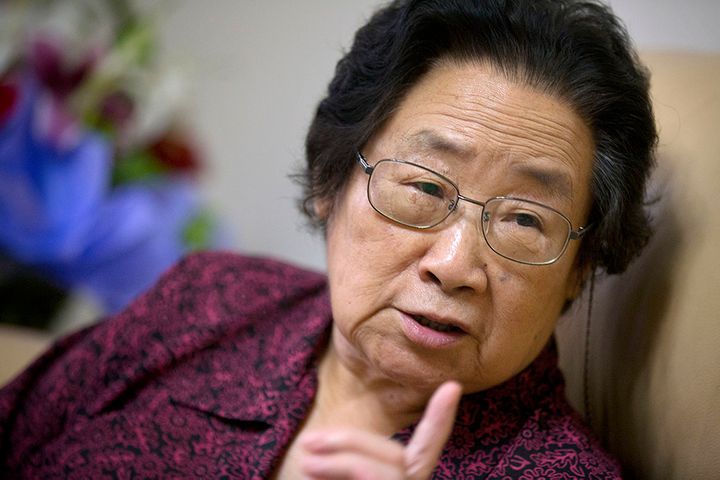 Chinese Nobel Prize Winner Calls on Africa to Get Ready for Covid-19
Chinese Nobel Prize Winner Calls on Africa to Get Ready for Covid-19(Yicai Global) March 18 -- African nations where malaria is prevalent need to take extra precautions to ensure that if there is an outbreak of the novel coronavirus, it does not undermine their malaria control efforts, according to a paper by Chinese Nobel laureate Tu Youyou and a team of other world experts.
Governments and health leaders must ensure that added stresses to medical infrastructure are minimized in the event of an outbreak of Covid-19, according to the paper published in the world's leading general medical journal The Lancet on March 16.
Several of the continent's malaria-endemic countries, including Nigeria, Senegal and the Democratic Republic of the Congo, have begun to log the appearance of imported Covid-19 cases. The two diseases can be easily mistaken in the early stages, with similar symptoms of fever, aches and pains as well as fatigue.
Previous outbreaks of Ebola, a severe hemorrhagic fever, in the region have shown that another serious health threat can impact on existing malaria control efforts. Resource allocation should therefore be optimized whenever possible to ensure minimal disruption to malaria prevention work should Covid-19 management become necessary, it added.
The preparation of medical supplies and stockpiling of surgical masks and other protective equipment should be done in advance and medical staff should be adequately trained in their use. In cases of emergency, mass drug administration and the distribution of insecticide-treated mosquito nets might be considered for short-term malaria relief in hyperendemic areas, the article said.
Tu Youyou won the Nobel Prize in Medicine in 2015 for her work on the use of the antimalarial drug artemisinin in the treatment of malaria. She is currently a tenured researcher at the Artemisinin Research Center at China Academy of Chinese Medical Sciences.
Editor: Kim Taylor